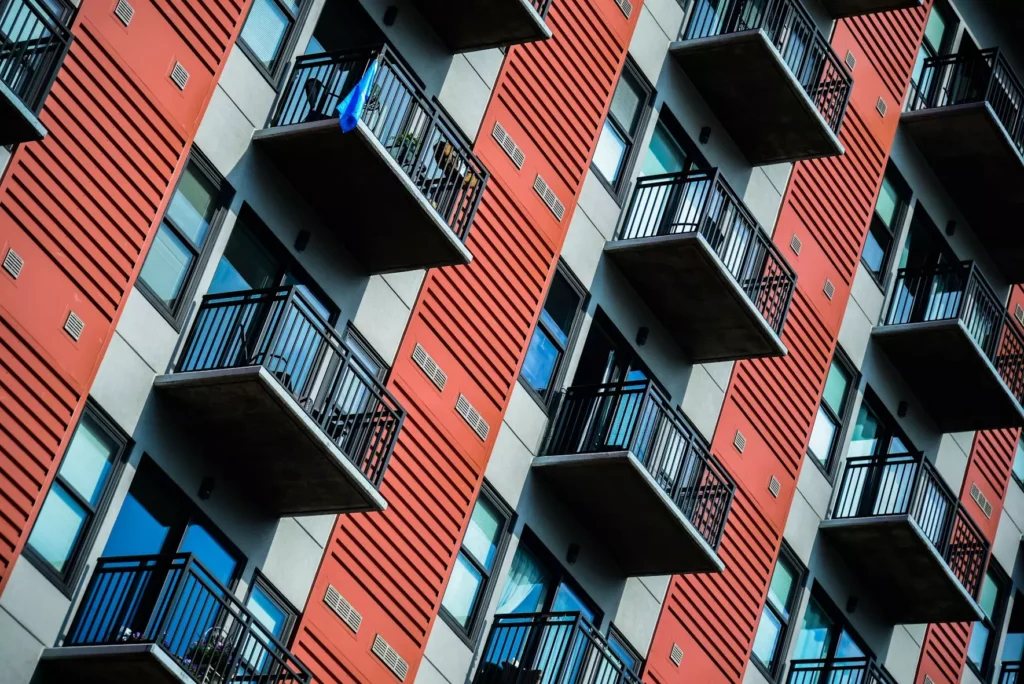Tenants Face Affordability Challenges as Rents Continue to Rise
According to figures from property portal Zoopla, renting a newly let property in the UK is now, on average, £270 per month more expensive than at the end of the coronavirus pandemic. The average cost of renting has reached £1,270 a month, or £15,240 a year, driven by high demand from tenants and limited availability of rental properties.
Rental Market Remains Competitive Despite Slowing Growth
While the rate at which rents are rising has slowed to its lowest level in three years, the rental market remains highly competitive. Demand for rental properties is nearly a third higher than before the pandemic, leading to a “red-hot” market where prospective tenants are vying for available properties and offering months of rent upfront or writing CV-style letters to agents to stand out from the competition.
However, Zoopla has noted signs of the market cooling as potential tenants face limits on what they can afford. Average earnings have not kept pace with the steep rise in rents over the past three years, putting pressure on renters’ budgets.
Lower-End of the Market Faces the Fastest Rent Increases
Richard Donnell, executive director of research at Zoopla, highlighted that renters are seeking the best value for money due to the imbalance between the number of renters and available homes. As a result, rents are typically rising faster at the lower end of the market within cities, which could disproportionately impact low-income earners and students.

Regional Variations in Rental Inflation
While the average annual rental inflation for newly let properties stands at 3.9%, there are significant regional variations. Northern Ireland has seen the highest annual rental inflation at 10.5%, while London’s rental inflation is the lowest at 1.3%. Among towns and cities, Rochdale (11.9%), Blackburn (10%), and Birkenhead (9%) have experienced the fastest rent increases as renters seek areas in and around major cities.
Landlords Selling Properties and Impact on Supply
The National Residential Landlords Association (NRLA) has reported that 31% of landlords plan to sell properties they rent out in the next two years. This could further reduce the supply of available rental properties, putting upward pressure on rents. The NRLA has called for changes to housing taxation and reassurances over no-fault eviction rules to encourage and support responsible landlords to continue providing decent quality housing.
Ben Twomey, chief executive of Generation Rent, has urged the government to act urgently to curb rising rents and unfreeze the Local Housing Allowance rate to protect low-income families from poverty and homelessness.


